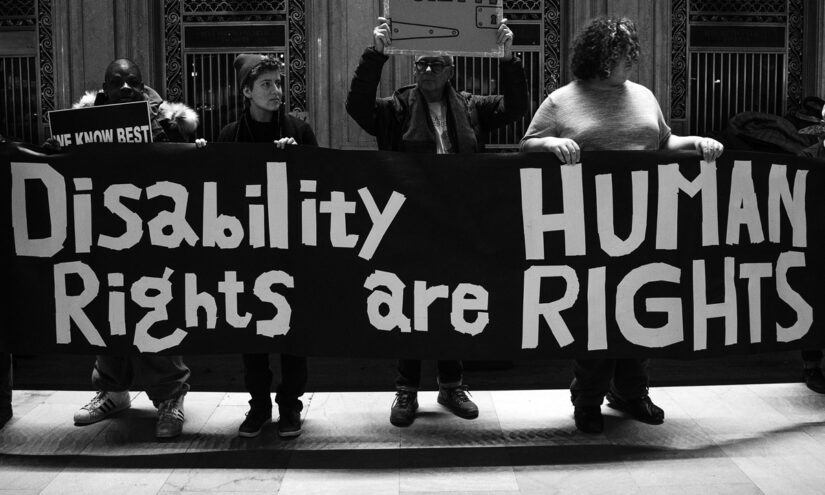During this summer, a team of students from MIT embarked on a journey to the sou …
Autistic Leaders Changing the Conversation on Therapy
Jennifer Livingstone

The Rehabilitation Act of 1973, passed by Congress half a century ago, marked a significant step in safeguarding the civil rights of individuals with disabilities. This legislation, focused on eliminating discrimination in education, transportation, and access to public facilities, laid the groundwork for a range of legal safeguards.
The Individuals with Disabilities in Education Act, enacted in 1975 and now known as IDEA, ensured that all children, regardless of the severity of their disabilities, are entitled to a “free and appropriate” public education. Subsequently, in 1990, the Americans with Disabilities Act (ADA) enshrined the rights of individuals with disabilities to equal access to employment, housing, and other essential aspects of a dignified life, emphasizing the provision of necessary accommodations such as wheelchair ramps and sign language interpreters.
Previously, decisions regarding the needs of individuals with disabilities were often framed within a medical model, focusing on compensating for physical, neurological, and cognitive impairments. However, a shift in perspective has emerged, with many advocating for the adoption of the social model. This model identifies systemic barriers, such as ignorance and social exclusion, that hinder participation in society, emphasizing the creation of inclusive environments for all individuals.
Autistic individuals have particularly benefited from this changing viewpoint. Rather than attributing autism to parenting practices, it is now recognized as a neurotype with unique cognitive wiring. Autistic adults emphasize that autism is not a condition to be fixed but a different way of experiencing the world with its distinct strengths.
Autistic individuals are increasingly asserting their right to participate in decisions affecting their lives. The Autistic Self-Advocacy Network embodies this stance with its motto, “Nothing about us without us,” underscoring the importance of active involvement in discussions about their needs.
Notably, one contentious issue revolves around applied behavior analysis (ABA), commonly heralded as the primary intervention for autism. While initially incorporating aversive methods like punishment, ABA has evolved to emphasize positive reinforcement. However, concerns remain regarding the therapy’s impact on mental health and autonomy, especially when enforced without individual consent.
Research has also cast doubt on the efficacy and ethical implications of ABA as the predominant therapy for autism, highlighting the need for greater consideration of alternative approaches. Critics argue that promoting ABA exclusively neglects potentially more beneficial treatments available to autistic individuals.
In a thought-provoking address at Drexel University in 2020, Julia Bascom of the Autistic Self-Advocacy Network illustrated the contrasting perspectives of the medical and social models of disability. She emphasized the need for nuanced approaches that acknowledge the diverse experiences and strengths of individuals with autism, challenging traditional notions of “fixing” characteristics deemed atypical.
Moreover, attempts to modify essential aspects of a person’s identity, such as autism, without their consent raise significant ethical concerns. Critics argue that ABA’s focus on conformity to societal norms disregards the autonomy and well-being of autistic individuals. Examining the ethical principles underpinning ABA reveals potential violations of justice and nonmaleficence, underscoring the need for a more comprehensive ethical framework in healthcare.
Comparisons between ABA and past practices like conversion therapy highlight the ethical dilemmas surrounding attempts to alter innate characteristics. The push for conformity often overlooks the value of diverse perspectives and modes of expression present within neurodivergent communities.
Expressions of joy and coping mechanisms, such as stimming, play integral roles in the lives of many individuals with autism. By discouraging these behaviors, ABA may inadvertently suppress unique forms of self-expression and emotional regulation, diminishing the autonomy and authenticity of autistic individuals.
Chloe Everett, reflecting on her personal experiences with ABA, questions the practice’s emphasis on conformity and suppression of autistic traits. She challenges societal expectations by highlighting the importance of embracing diverse modes of self-expression and rejecting attempts to standardize behavior deemed “abnormal.”

